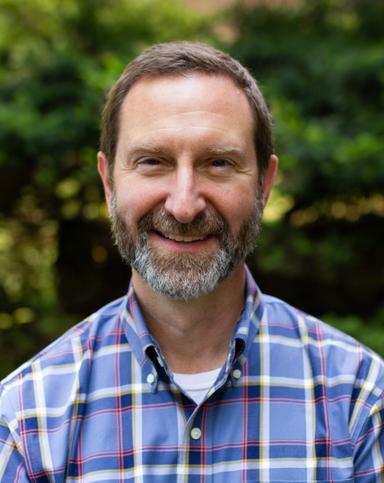Part 7 of a 7 part series: Part 1 | Part 2 | Part 3 | Part 4 | Part 5 | Part 6
Counseling and Physiology Class: Post 7 (Neurobiology of Addiction (or, A Good Thing Gone Bad))
In the first chapter of the American Society of Addiction Medicine’s textbook on addictions, Alan Leshner says this: “The brain of someone addicted to drugs is a changed brain; it is qualitatively different from that of a normal person in fundamental ways, including gene expression, glucose [sugar] utilization, and responsiveness to environmental cues.” Now, as Christians, what should we think of this? Our temptation is to go to one of two extremes. One extreme is to allow the medical research to shape our understanding of addictions in such a way that the physical aspects of the problem completely overshadow the spiritual aspects. The other extreme is to bury our head in the sand about the research being done on additions and to assert that addictions is only a spiritual (sin) issue that must be conquered with self control.
Addiction is a spiritual problem and it is a body (or brain based) problem. As Ed Welch says, addiction is a problem of disordered worship. And it is a brain based issue. Did you ever consider that not all patterns of sin involve the body/brain in the same way? For example, people don’t get high from gossiping or lying. And nobody develops a physical dependence on grumbling and then experiences withdrawal symptoms when he/she stops! There is something different about drug abuse that “hooks” the body in some way and we need to take that bodily component seriously if we are going to minister in a compassionate, truthful, and realistic way to those struggling with substance abuse.
It seems that alcohol and drugs of abuse hijack normal pathways in the brain associated with desire and pleasure. When you eat a sumptuous meal, listen to your favorite relaxing music, or engage in sexual activity leading to orgasm, your brain releases the neurotransmitter dopamine. It’s an elegant system and right in line with the psalmist’s declaration that we are fearfully and wonderfully made (Ps. 139:14). But drugs of abuse usurp the role of our brain’s natural neurotransmitter systems and lead to a much more explosive (and pleasurable) release of dopamine. Over time, it is hypothesized that the balance of dopamine changes, so that despite more frequent and higher amounts of the drug, there is less effect because the overall supply of dopamine decreases over time. And even with abstinence, it may take over a year to restore the natural balance.
What are a few counseling implications from this research?
- Address the problem as soon as possible. Indulging in any sin habitually is unwise and destructive, but indulging in drug use may set a person up for a physiological dependence that is doubly hard to beat. The stakes are high. We should be sobered by the reality that choosing a sin repeatedly that hooks our brain’s pleasure pathway (drugs, alcohol, sex) may indeed make it harder to say “no” in the later stages. The proverb is apt, “Can a man scoop fire into his lap without his clothes getting burned?” (Prov. 6:27) That doesn’t mean that there is no hope if someone becomes entrenched in substance abuse. Remember, just as drugs change the brain over time, abstinence changes the brain as well! Just as drugs of abuse can impact neural pathways, so must embracing gospel-centered counsel! But the earlier the intervention, the better.
- Perseverance and a commitment to fight—body and soul—is needed for the long haul. As Mad Eye Moody used to say to Harry Potter, “Constant Vigilance!!” This is especially required in the first year or two of abstinence when the brain’s dopamine-based neural pathways are normalizing. Obedience requires a battle that is not unlike training for an Olympic event such as a race or boxing (1 Cor. 9:24-27). Saying no to bodily appetites is not easy. And it is more of a marathon than it is a sprint.
- On the flip side, look for ways to engage the whole person, body and spirit, in positive ways. Addicts have “narrowed” their capacity for pleasure over time. They’ve dulled their natural God-given, dopamine-containing pathways through consistent drug use. Look for God-honoring ways to expand that diminished capacity for pleasure. Saints of old have recognized that devotion to Christ is a holistic venture, involving the use of our bodies as well. For example, I believe that participation in the Lord’s Supper is one such tangible way to “taste and see” that the Lord is good.
As we have seen in this series of posts, attention to both the spiritual and bodily aspects of our personhood is essential for wise ministry. How have you seen this to be true with an addicted individual? Where have you seen imbalanced approaches that end up being detrimental to strugglers?
Part seven of a seven part series: Part 1 | Part 2 | Part 3 | Part 4 | Part 5 | Part 6



